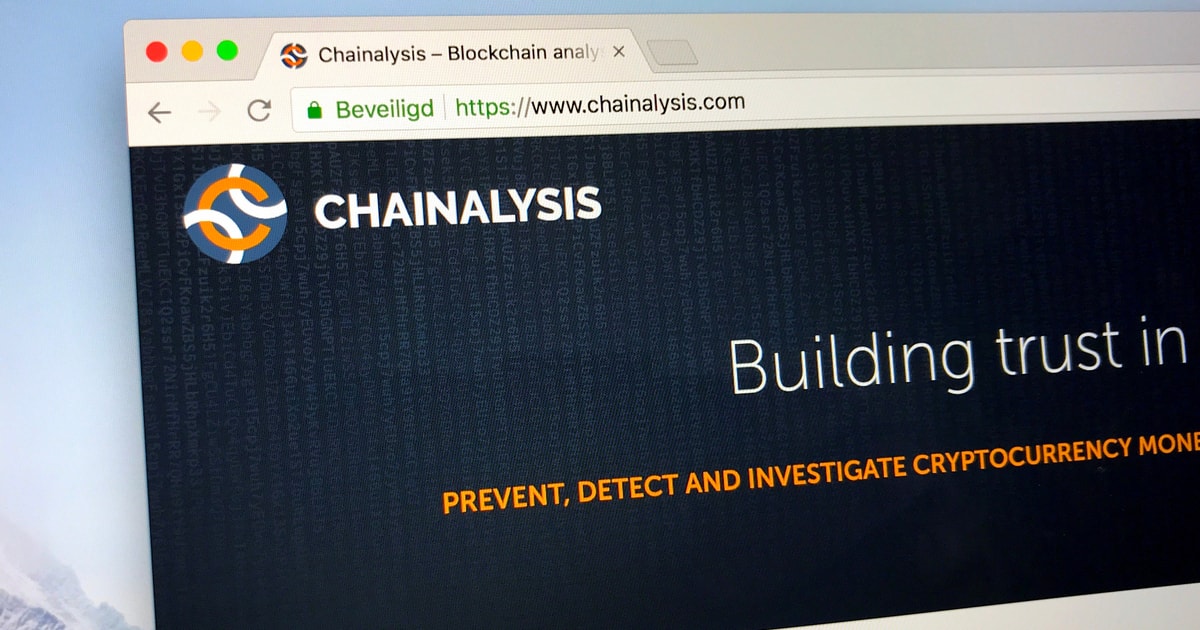UK's Operation Cronos Successfully Takes Down LockBit Ransomware Group
Luisa Crawford Aug 06, 2024 15:33
UK's Operation Cronos, in collaboration with international partners, successfully dismantled LockBit, the world’s most prolific ransomware ecosystem, highlighting the importance of international cooperation in cybersecurity.

The UK's National Crime Agency (NCA) has successfully dismantled LockBit, the world’s most prolific ransomware ecosystem, through Operation Cronos, according to Chainalysis. This sophisticated takedown was achieved in collaboration with international law enforcement agencies and industry partners, marking a significant milestone in the fight against ransomware.
Infiltrating the Ransomware Network
Operation Cronos was spearheaded by the NCA’s Head of Cyber Intelligence, William Lyne, and Chainalysis’ Director of Investigations, Phil Larratt. The duo shared insights on how UK law enforcement, along with international allies, were able to infiltrate and dismantle LockBit’s operations. LockBit, known for its ransomware-as-a-service model, had become one of the largest ransomware groups, affecting thousands of victims globally.
LockBit’s business model allowed affiliates to buy into its ransomware scheme, use its capabilities, and then share a percentage of the ransom payments with LockBit administrators. Over its operational period, LockBit had amassed at least $120 million from over 2,000 victims, making it a prime target for law enforcement.
The Role of Blockchain Intelligence
Blockchain intelligence played a crucial role in the takedown. According to Larratt, the transparency of blockchain technology allowed investigators to trace the flow of ransom payments. This capability enabled law enforcement to identify and map out the affiliate network, track payments, and gather evidence efficiently. This level of insight was instrumental in the successful execution of Operation Cronos.
“One of the beauties of blockchain intelligence is its transparency,” Larratt noted. “We can see how these affiliates are operating between different ransomware strains and track payments in real-time, which is invaluable for developing intelligence and securing evidence.”
International Collaboration and Execution
The operation was a collaborative effort involving the Five Eyes intelligence alliance (comprising the US, UK, Australia, Canada, and New Zealand) and Europol. This international cooperation was crucial for deconflicting ongoing investigations and aligning efforts towards a common goal.
Lyne highlighted the importance of this collaboration, stating, “What you see as a priority in the UK is often mirrored by our partners and allies in the West. Platforms like Europol are essential for us to engage with international partners and design impactful disruptions.”
Impact and Future Implications
The takedown of LockBit had significant implications for the ransomware ecosystem. The operation not only disrupted LockBit’s activities but also sent a strong message to other cybercriminals. The NCA and its partners were able to secure decryption keys, providing relief to many victims still grappling with the aftermath of ransomware attacks.
Despite the success, the fight against ransomware is far from over. The cybercrime ecosystem continues to evolve, with new groups emerging and existing ones adapting to law enforcement tactics. Lyne emphasized the importance of continuous collaboration and innovation in combating these threats.
“We know who these criminals are, and we will continue to work with our international partners to bring them to justice,” Lyne asserted. “Ransomware is an existential threat to many victims, and we must remain vigilant and proactive in our efforts.”
Operation Cronos stands as a testament to the power of international cooperation and the effectiveness of leveraging advanced technologies like blockchain intelligence in cybersecurity. As the ransomware landscape continues to shift, such collaborative efforts will be crucial in safeguarding global digital infrastructure.
Image source: Shutterstock